

COFFEE AGROBUSINESS COURSE
Curso-Precongreso
Octubre 11-12 de 2021
Universidad de Caldas
Cupos: ilimitados
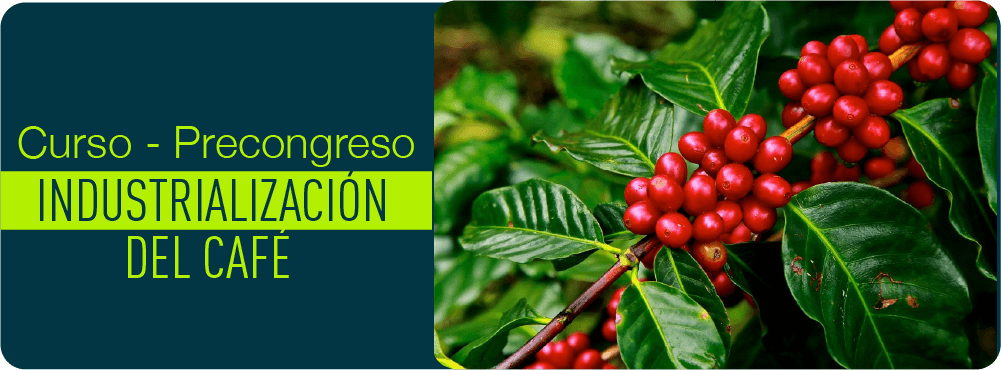

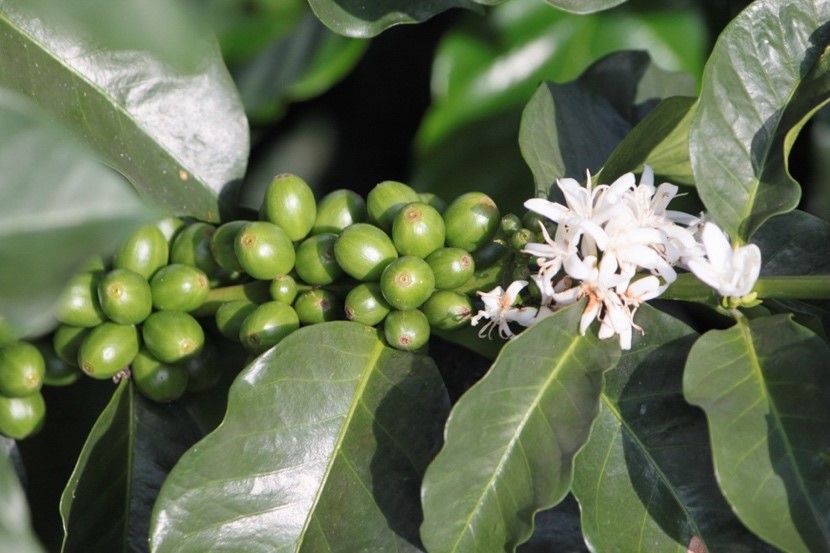
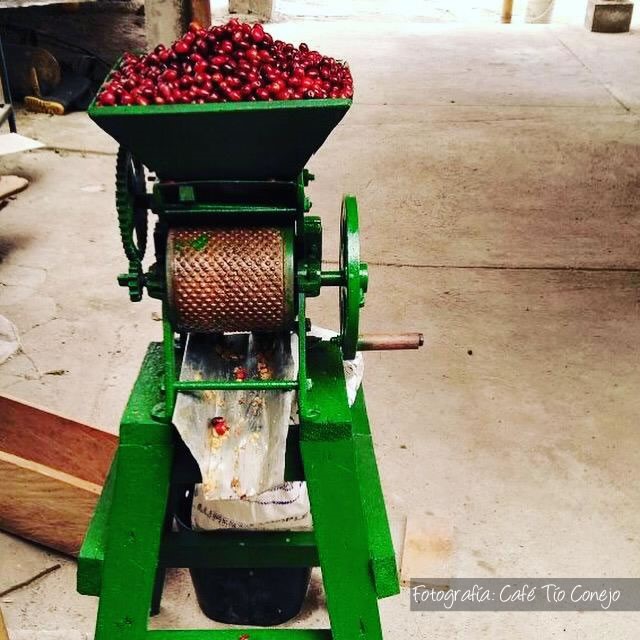
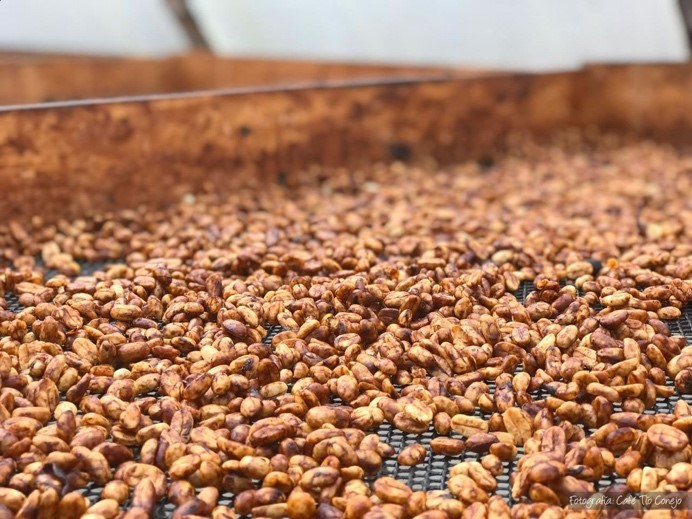
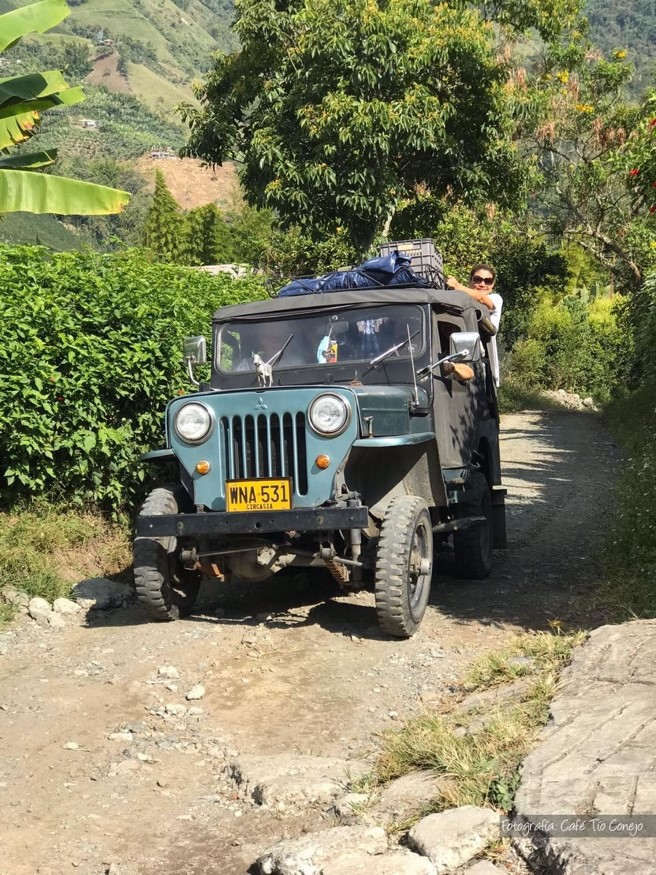
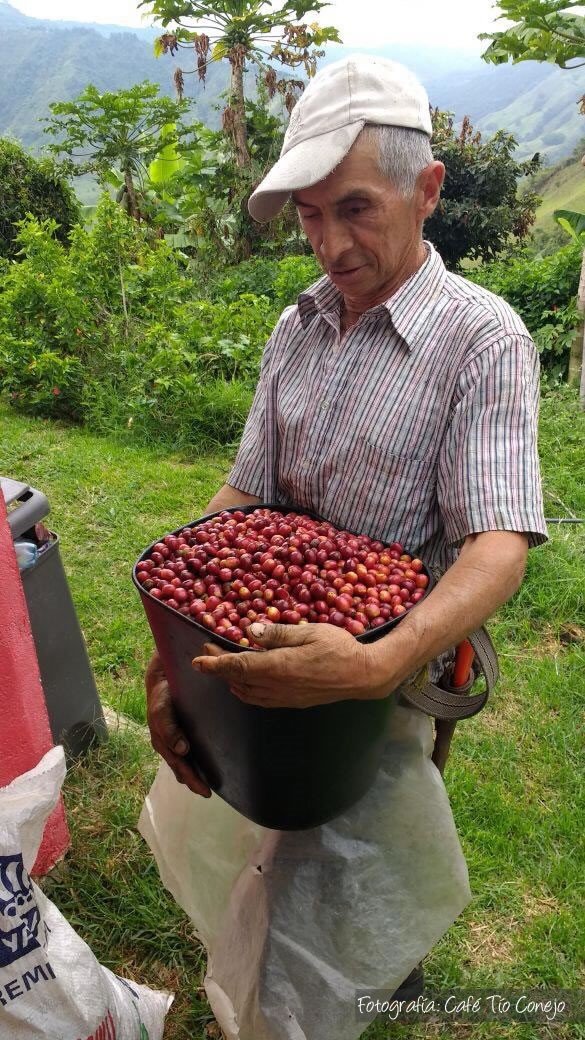
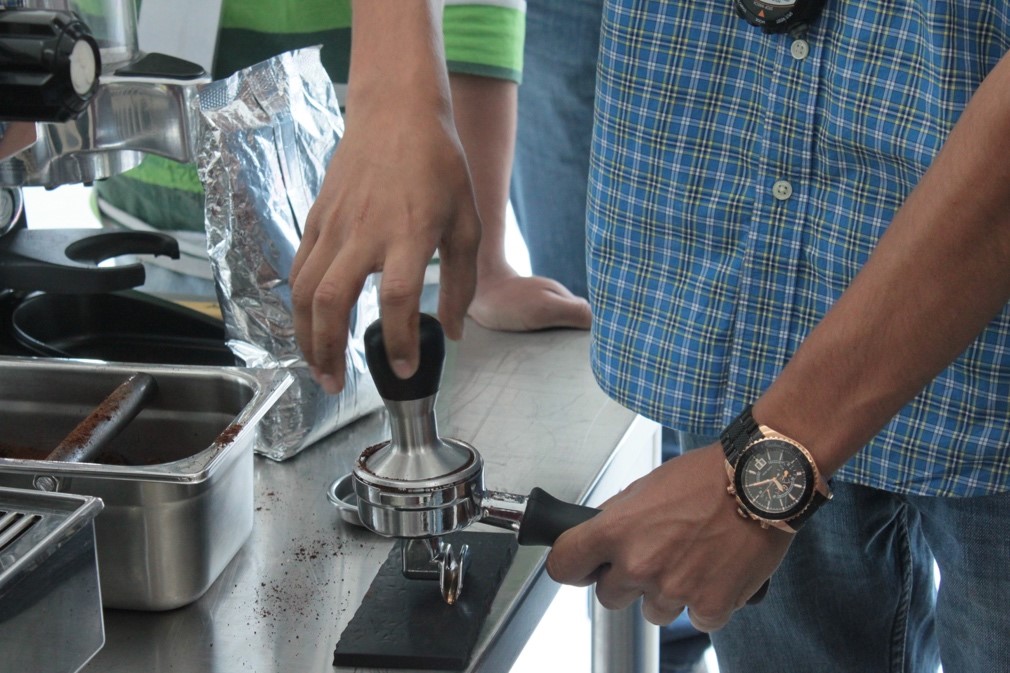
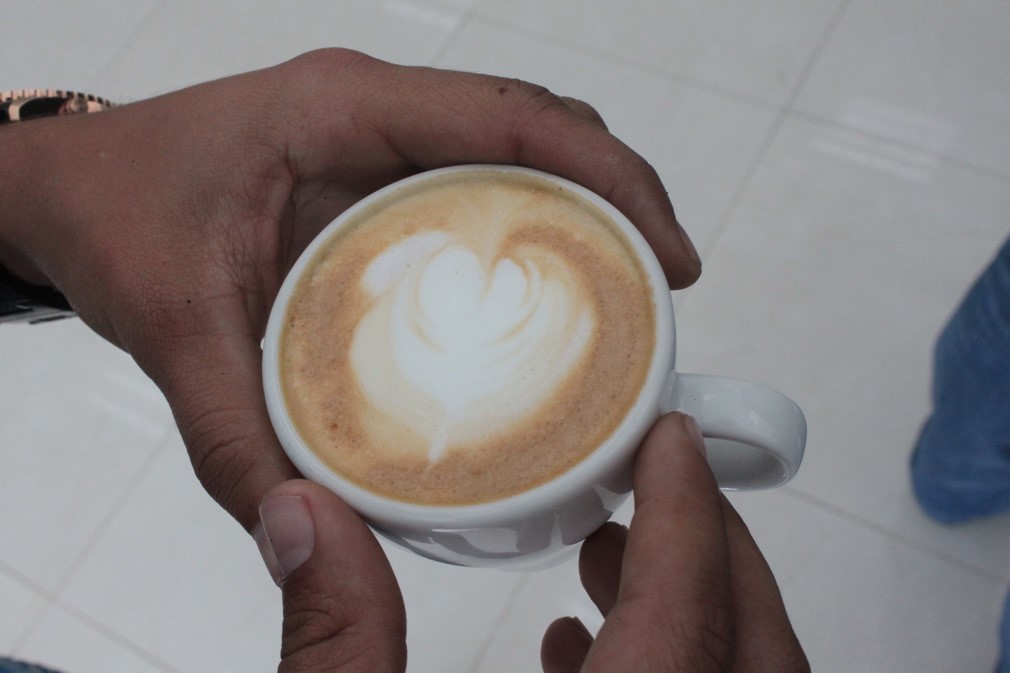
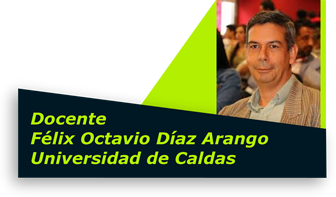
Félix Octavio Díaz Arango is an associate professor at the Universidad de Caldas and is a food engineer and food science and technology specialist with a M.Sc. in Health Program Management in Food Safety and a Ph.D. in Economic and Administrative Sciences.
His academic interests include the development and research of new products and the application of technologies related to equipment, processes, products and information systems for the continuous improvement of the quality and productivity of the food industry. In addition, he has extensive experience in operations management, production control, evaluation and project formulation, and process statistics, and he is an expert coffee taster and teaches virtual, in-person, and blended university classes. Related to his work experience, he has experience with important companies in the food sector, such as Casa Luker and Café Almendra Tropical.
Expertos en cafés especiales
SUSTAINABILITY IN THE AGRIFOOD SUBSECTOR
Curso-Precongreso
Universidad Nacional de Colombia sede Manizales
Cupos: 25 – 30 participantes
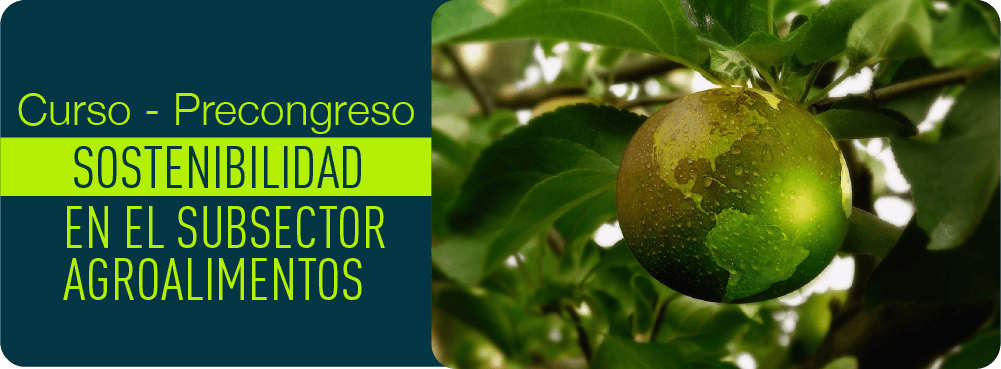
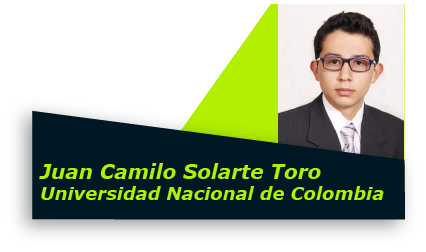
Juan Camilo Solarte Toro is a Ph.D. candidate in the Chemical Engineering Department at the National University of Colombia, Manizales campus.
AIn addition, he is a junior researcher recognized by the Administrative Department of Science, Technology and Innovation (COLCIENCIAS) due to the publication of 13 research papers and participation in more than 30 national and international conferences in collaboration with the research group in chemistry and catalytic and biotechnological processes directed by Professor Carlos Ariel Cardona Alzate.
Solarte-Toro received B.E and M.Sc. degrees in chemical engineering from the National University of Colombia, Manizales campus, in 2016 and 2018, respectively. Solarte-Toro's research focuses on the conceptual design of processes, the modeling and simulation of processes, and the design and analysis of biorefineries considering technical, energy, economic, environmental, and social aspects. In particular, he has worked evaluating the biogas production potential of agroindustrial waste and lignocellulosic biomass. In addition, he evaluated the decentralized production of electricity using oil palm leaf waste through a gasification process.
Currently, Solarte-Toro is working on a national project related to the creation of entrepreneurship alternatives in postconflict areas in Colombia through the valorization of biomass at different levels, as well as the comprehensive evaluation of biorefinery systems to carry out a comprehensive sustainability assessment.
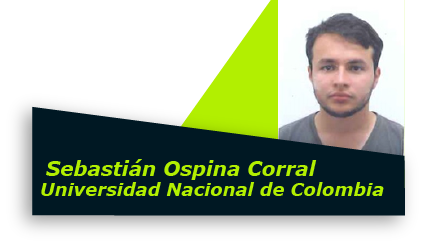
Sebastián Ospina Corral is a Ph.D. candidate in Food Quality, Safety and Technology at the University of Zaragoza, Spain. He is a chemical engineer and has his master’s in chemical engineering from the National University of Colombia, Manizales campus.
He has worked as part of the Fruit Food Research Group for more than three years, where he has focused his work in various areas, such as obtaining prebiotic fiber, designing minimally processed products, and accelerating shelf life.
His main work within the research group is to collaborate in the design and simulation of processes related to food engineering, using waste from a sustainable perspective and adapting to Colombian production systems. During the development of his master's studies, he focused on the use of SuperPro Designer® software as a tool for the simulation of agroindustrial processes, relying on other software such as MATLAB® and Aspen Plus® for the modeling of complex thermodynamic systems (e.g., simulation of the freezing and sublimation of water within a solid food matrix during lyophilization).
Among the processes that Sebastian has designed and simulated are the production of guacamole, production of dietary fiber from agroindustrial waste, production of biopolymers, and production of dehydrated products by lyophilization, among others.
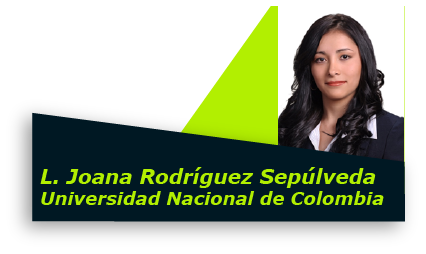
L. Joana Rodríguez Sepúlveda is an industrial engineer, with a master’s in Industrial Engineering, and is a Ph.D. candidate from the Universidad Nacional de Colombia, Manizales campus.
She has worked in the Fruit Food Research Group for more than eight years, where he has focused his work on various areas, such as the physical-chemical characterization of biocomposite materials with natural fibers such as the banana pseudostem, sustainability evaluation through the analysis of the life cycle, life-cycle costs and social life-cycle analysis.
Her main task within the research group is to investigate the use of waste from a sustainable perspective and adapt it to Colombian production systems. During the development of her master's studies, she focused on the surface treatments of natural fibers to improve compatibility with polymeric matrices, and the results of her biocomposites could serve as potential materials for use in areas of construction and food packaging.
During the development of her doctoral thesis, she focused on the design of a methodological tool for the evaluation of sustainability by integrating the environmental, economic, environmental, and technical dimensions into the design and selection of biocomposite materials with fibers from the banana pseudostem. She has participated in academic exchanges at the University of Minho (Portugal), Clemson University (USA), Instituto Superior Técnico (Lisbon), and Technical University of Denmark (Denmark).